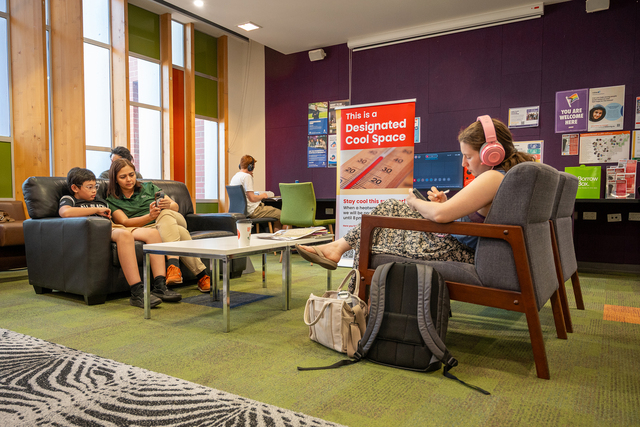Is it just me, or has a tone of nationwide disappointment soaked through this month? As we continue to pick through the wreckage of the great Census debacle 2016 (Have you filled it out yet?), the frustration and confusion hasn’t yet eased up.
And not even an Olympic Games could help us muster a sense of collective pride. Australia’s time in Rio seems to have been characterised by nothing but an exasperated sigh (spurred on by the media, of course).
On a national level, our sense of self took a hit – the sporting prowess we have come to expect of ourselves seemed vanquished – and it was confusing.
What both these events, the Census and the Australian Olympic performance, could have done better, was much clearer communication on the behalf of higher ups.
The Census seemed doomed from the start. Even before the fateful night itself, the inability of the Government to make clear the issues around online safety and the reasons for data retention were the undoing of the whole process.
And then in the days following August 9, what could have been a swift explanation was instead embarrassing political and bureaucratic floundering.
This could have been avoided if the public felt informed. We may have even been more forgiving of a system failure like the one that occurred, if we understood the reasons behind it.
Australia’s Olympics performance, too, seemed dogged with embittered blame shifting and infighting that was difficult to watch.
Communication with the public is something local government also often struggles with.
When constituents don’t feel like they understand the process, it can lead to frustrations (again, often spurred by mainstream media): ‘Where do my rates go? What is Council responsible for? How do I fix a problem in my neighbourhood?’
Many councils are actively working towards better community engagement. Social media now provides the tools for local government to communicate quickly and effectively with a large audience.
The 100 Services in 100 Days initiative, started by Hobsons Bay City Council in April, has been a simple but effective campaign that posted images of council services across social media platforms each business day. The National Local Government Twitter Day in August also worked well; councils across the country got involved. When constituents remain informed, and feel included, they are much more understanding of the pressures facing local government. The tools are there, it’s up to councils to use them wisely.
















